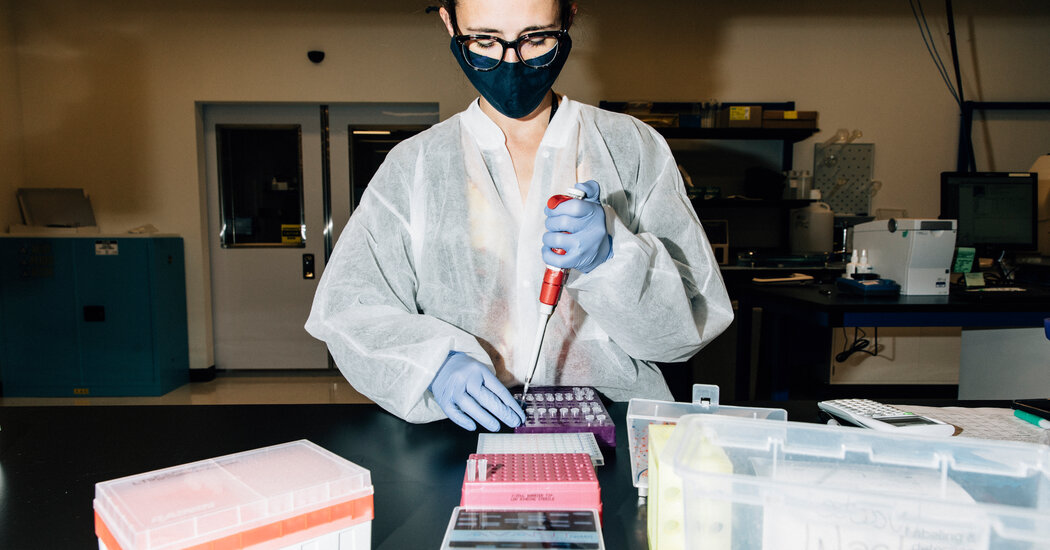Two New Laws Restrict Police Use of DNA Search Method
In other cases, detectives might surreptitiously collect the DNA of a suspect’s relative by testing an object that the relative discarded in the trash. Maryland’s new law states that when police officers test the DNA of “third parties” — people other than the suspect — they must get consent in writing first, unless a judge…










